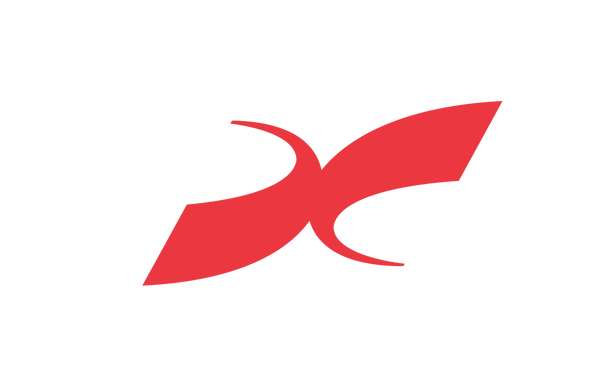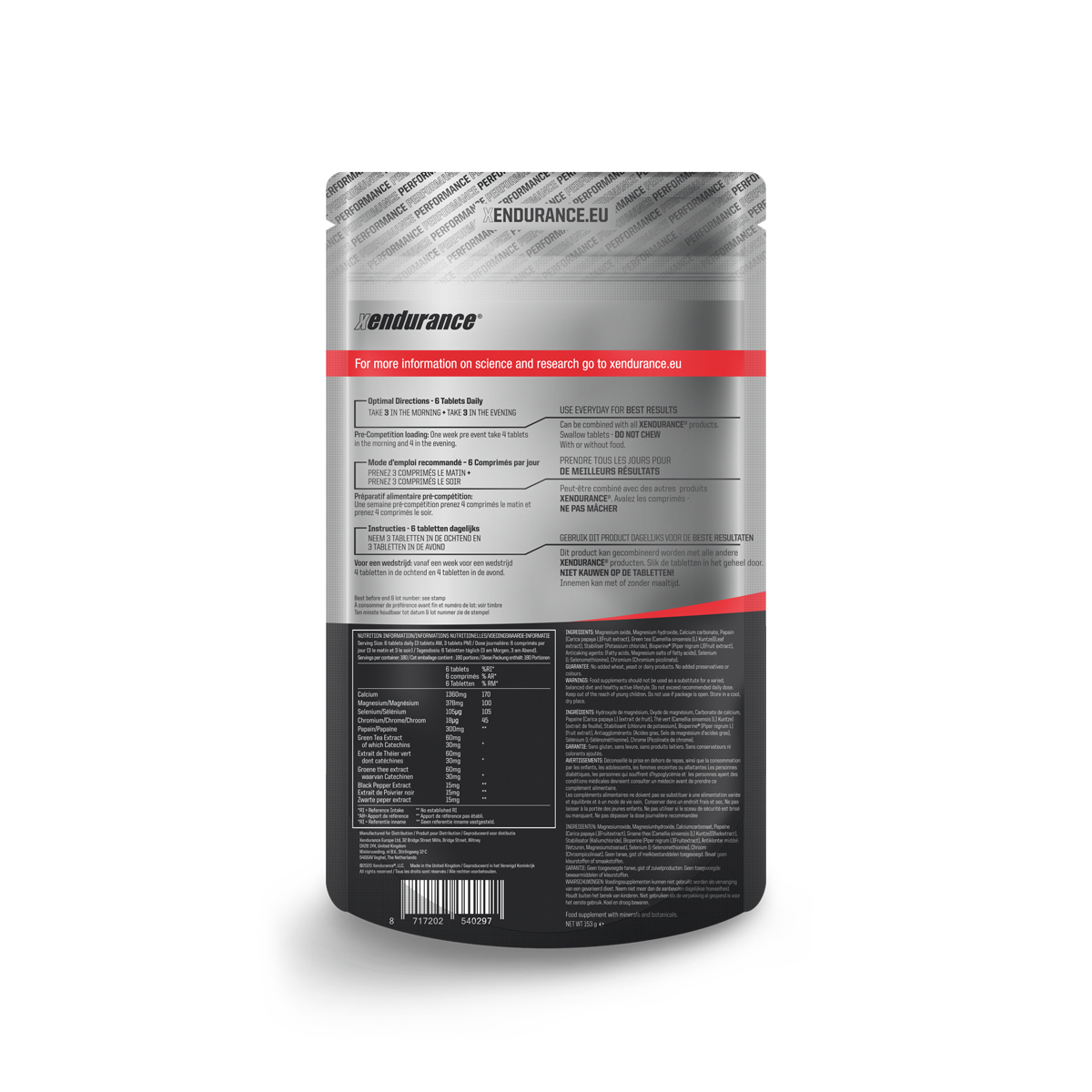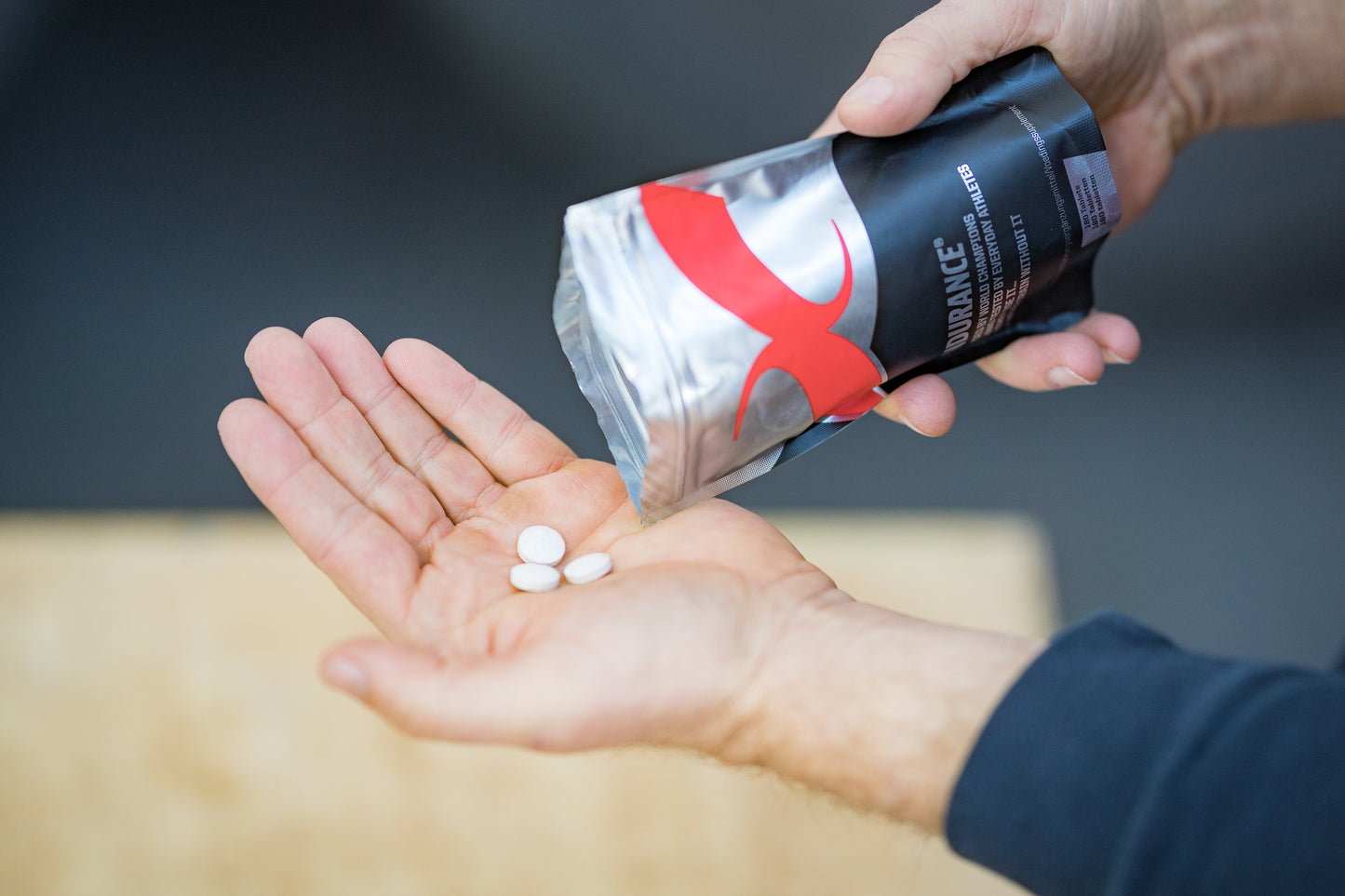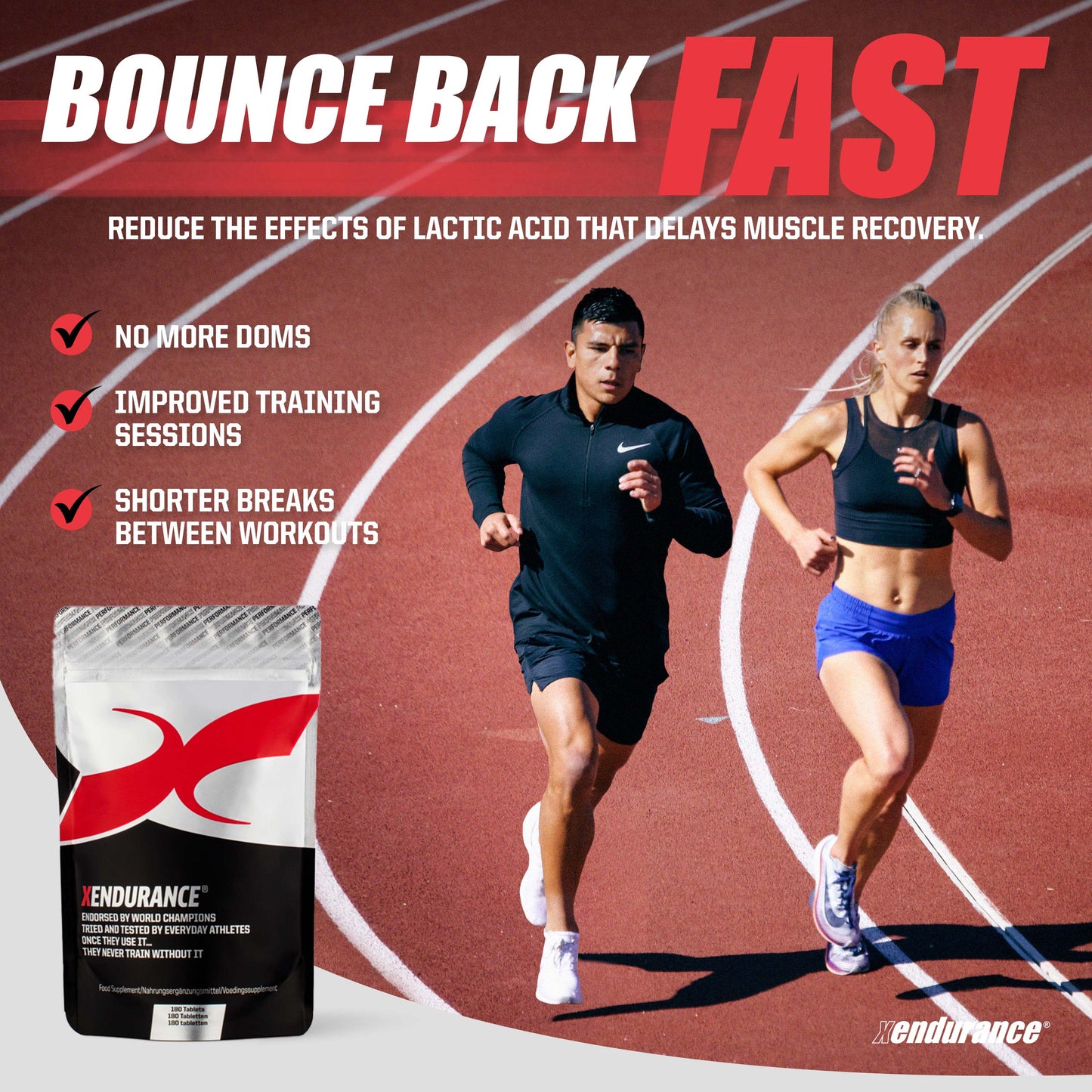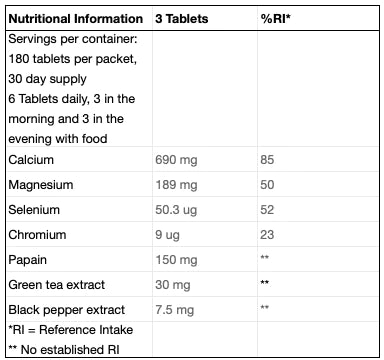I am sure we’ve all heard that goals should be SMART (Specific, Measurable, Achievable, Relevant and Time-bound) and have probably applied this in your line of work. However we easily forget this when setting goals for our sporting life. We can often be widely optimistic and then feel disappointment of not being able to attain our goal. If we had been a little better at setting smaller, more achievable goals, we would get that buzz of achievement more often. If a goal is too big, we can lose our sense of direction and it can be demotivating especially when you can not see how you are going to achieve it. Similarly if an objective is too easy it won’t be as motivating. Therefore it is really important that we apply some of the lessons of SMART objectives to our sporting aspirations to ensure we go on to achieve great things.
The table below shows how you can move a very general objective of wanting to improve to a good example of a SMART objective.
|
Objective |
SMART Element |
Comment |
|
I want to improve |
At what? Making cups of tea? |
|
|
I want to improve at cycling |
Relevant |
Now relevant to a sport but still ambiguous, is it speed, hill climbs or endurance you want to improve? |
|
I want to improve my cycling threshold speed |
Specific, Relevant |
Getting more detailed now but no way to measure the improvement |
|
I want to improve my 10mile TT time |
Specific, Relevant and Measurable |
This is now measurable as we have a set distance to gauge improvement but could be better - how do we know when it has been achieved? |
|
I want to set a 25minute or less 10mile TT Time |
Specific, Relevant, Achievable and Measurable |
Assuming you’re not too far off a 25min 10mile TT this is certainly now achievable, it may not be if you’ve never ridden a bike before though |
|
I want to set a 25minute or less 10 mile TT time by August 2023 |
SMART |
This is a good SMART objective as it is now also time-bound |
When setting objectives though there are other things you need to consider:
- Budget - this is a key one, there’s no point setting your sights on competing at the Ironman World Championships in Kona, Hawaii if you don’t have to budget to get you there
- Time - An athlete’s key resource, what can you realistically achieve in the time you have each week? I don’t have the time to do really long rides so setting a goal of improving my long distance times isn’t going to work
- Plan B/C/D/E… - Things will go wrong so be ready with some back up goals to keep you motivated. I had to cancel my plans of competing overseas this year due to unforeseen budget constraints but this has now helped to inform my goals for this year and ensure that I have some cheaper alternatives if needed.
- The controllables - You can’t control everything in a race like other people’s performances or the weather. Therefore be mindful of these when setting goals to ensure you have the best chance of achieving them.
- Balancing acts - we are often trying to keep many plates spinning in our lives so it is important to keep focused. This is particularly relevant for triathletes trying to find gains in three sports. You may be setting yourself up for failure if you’re trying to push PB's across all 3 disciplines in one 6 week training block.
- Conflicts - Be aware of potential conflicts in your goals. An example would be trying to improve your 15s cycling power and also at the same time set a 200 mile PB. It is not to say it can’t be done but be careful to structure training accordingly and be realistic with outcomes.
Most importantly, don’t rush to set new goals once one is completed - savour the moment, you earned it!
